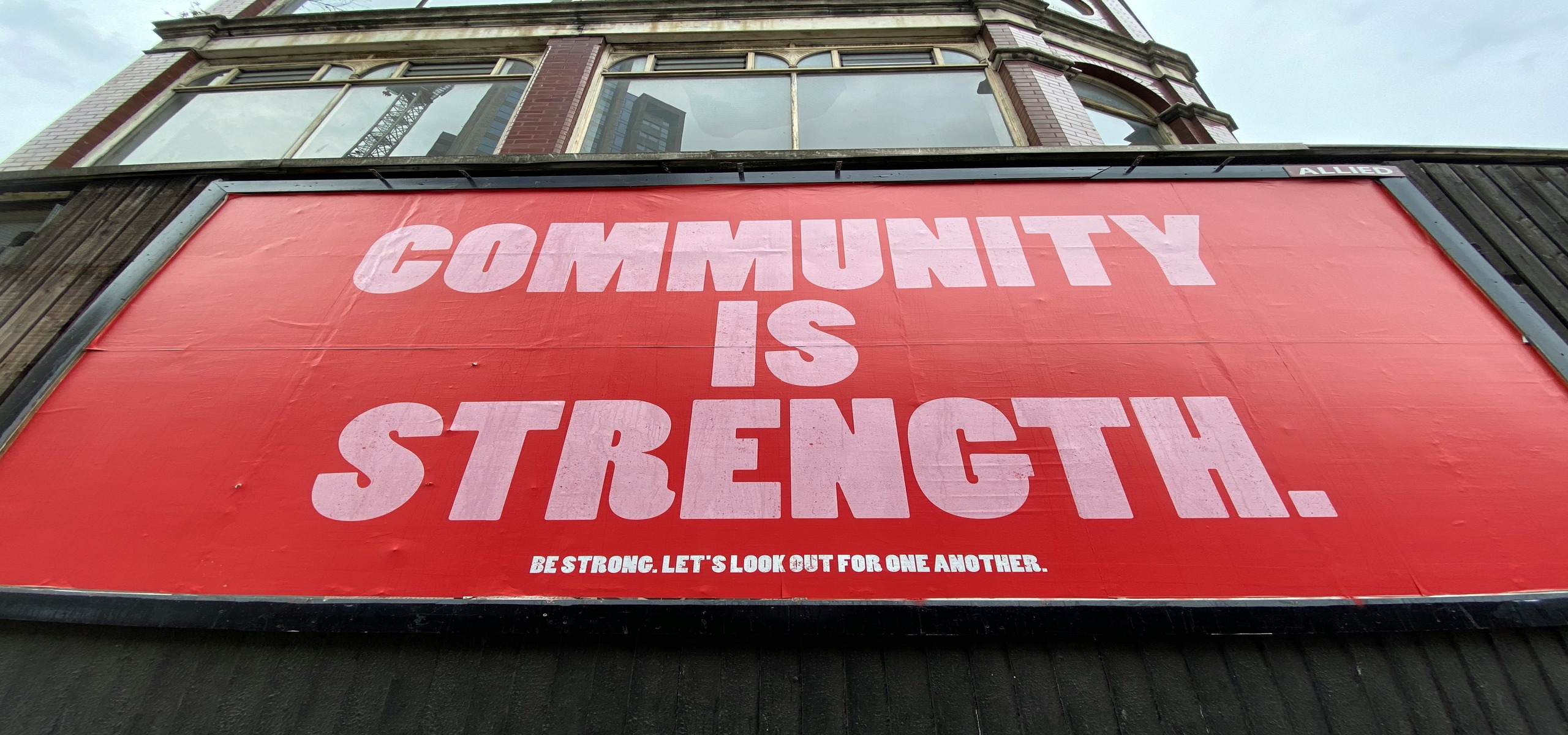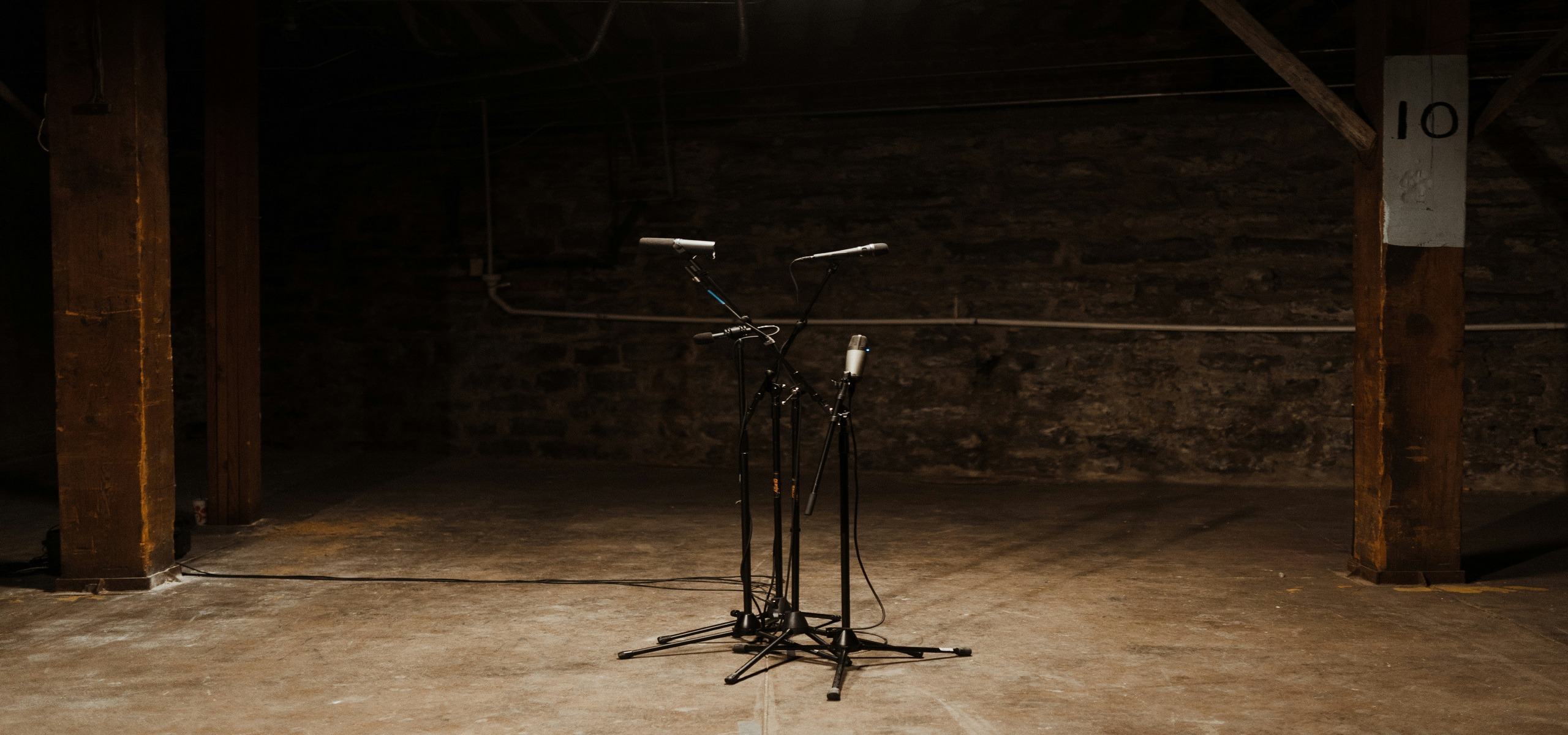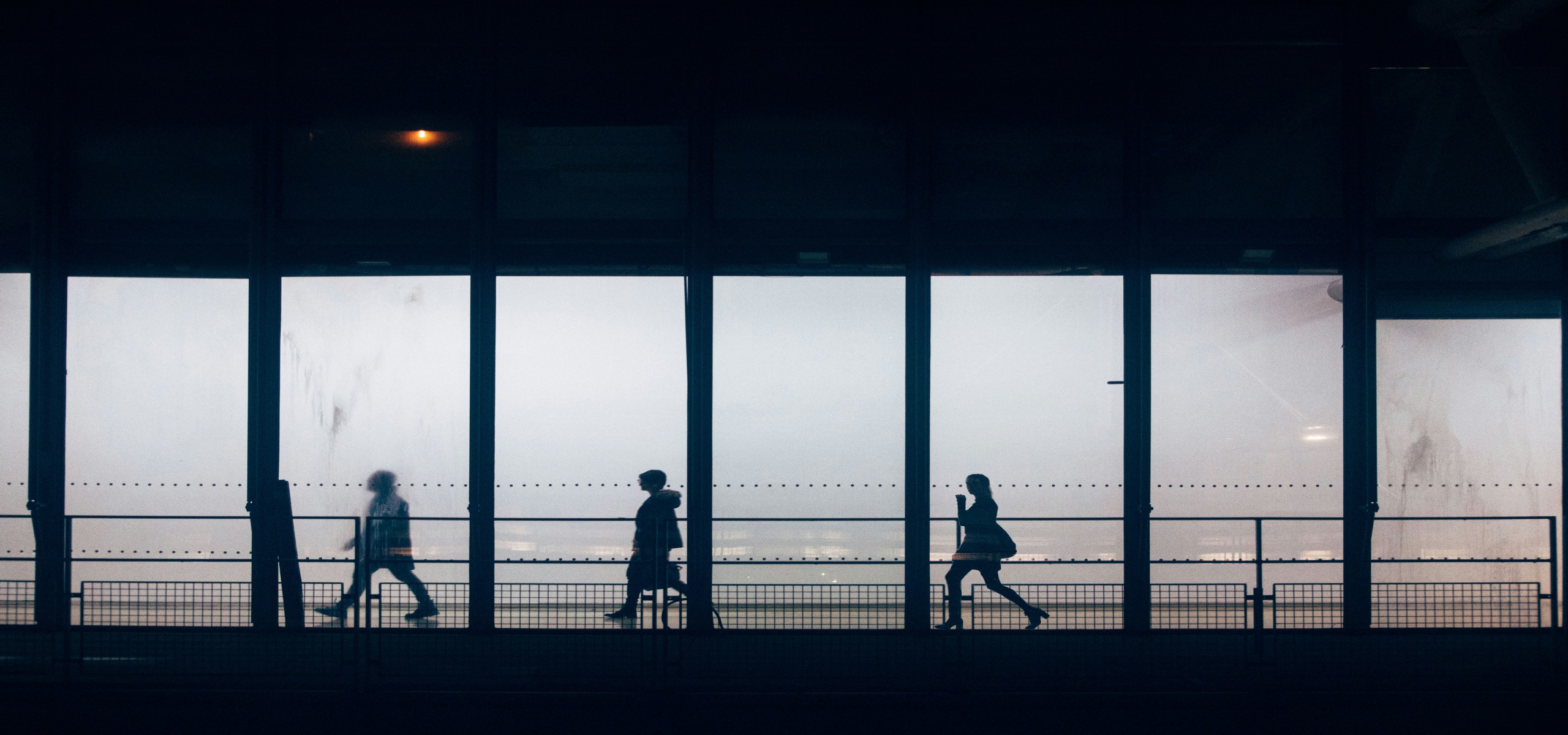The Art of Activism: Finding resilience and resistance through creativity and community

While many of us are concerned about the state of the world, this worry can feel solitary. As we sit and scroll on our phones, reading the news of climate breakdown and war, it is natural we become overwhelmed. Feeling anxious and alone, we can develop learned helplessness – a psychological state that is deeply disempowering. Indeed, a key task for our generation is to find a form of activism that is sustainable – that replaces isolation and powerlessness with community and empowerment.
In this time marked by burnout and disengagement, great strength can be found in creative activism, safe gatherings that bring joy and collective healing. Here, art, music, and poetry can be forceful acts of resistance and resilience. Finding solidarity in our fellow tattered souls and commune amongst those who understand the ‘work’ in all its hope, inevitable despair and triumphs. They bring us together, turning passive worry into collective momentum.
To learn more about this I spoke with two inspiring women; Ovyuki a writer, poet and photographer who founded Hidden Literature and who co-ordinates regular spoken word nights at Grow, Hackney; and Alex, a passionate activist who co-ordinates community events for ‘The Surge’. While these women’s activism may differ, they are united in the message: that during difficult times, it is in community and creativity that we may find strength and hope.
Primarily, both women spoke about how creative activism offers a vital outlet – a way to express yourself with agency, in your own terms. Here, Ovyuki described poetry as a process of emotional release and reclamation, particularly powerful for those whose voices have historically been marginalised or silenced. For her, ‘writing poetry is where the emotional processing begins’, it is a vital part of healing.
Crafting words into poems and performing to an audience is about making sense of the commitment to such an insurmountable undertaking and pain, but also turning it into something shareable, something that resonates with others and soothes the soul. Here, Alex described how the spoken word offers a cathartic release for both the poet and the audience who hear their ‘experiences creatively articulated by someone else’. With this, Ovyuki described how people ‘often come up after [her] shows to say how a piece has resonated with them’. Here, as personal stories become shared, as performers are given a platform to have their voice heard, and as the audience hears their struggle mirrored in someone else’s words, a journey of collective healing begins. As social beings, this experience of feeling ‘deeply seen and appreciated’ is absolutely vital.
Further, both women described how community events provide more than a physical space for people to gather, they offer sanctuary. Here, they explained how ‘third spaces’ – settings outside of home or work where people can gather freely – provide opportunity for people to connect. With this, Alex explained that activism is all about coming together in spaces that feel like home, where you can ‘hold hands with people, you can cry with them, laugh with them, dance with them’. It is about creating a haven, an environment where people can be open and vulnerable with one another. Supporting this view, Ovyuki described the ‘brilliant energy’that fills the room on her poetry nights, where ‘poets and listeners come together to share and support one another’.
Describing how valued these spaces are to committed activists, Alex told a particularly powerful story. She explained how two activists, who she had booked to perform at her event, were arrested at a protest the day before they were meant to speak. They didn’t think they’d make it – but when they were released on the night of the show, they came straight to the event. The crowd erupted in cheers as they entered, and one of them simply said ‘wow, I really needed to be here’. Indeed, it is community that keeps people going – when I asked Alex what sustains her activism, she simply explained ‘it is seeing my activist friends, trying their hardest, that gives me hope’.
Further, the power of creative activism lies in its reach — in the way it draws in new people and creates ripple effects far beyond the moment. Here, Alex explained that not everyone who comes to her events considers themselves an activist, and that’s precisely the point – “Some people just want to come and have a good time, maybe the money is going to a good cause – and that’s great. Because they’re there, and then they get inspired… then it spreads out into their network, into their world.” These events spark a spread of compassion and motivation. Here, Ovyuki explained that ‘the ripple effect is the magic’, the way the poets’ ideas prompt conversations and thoughts that continue long after the final line is delivered.
Finally, the value of creative activism lies in its’ power to bridge divide. In a society that is increasingly fractured and fragmented, in a world where activists must overcome differences in aims, tactics and strategies, art provides a common language, a way to smooth-out division. Here, Alex spoke about the cultural day of advocacy she organised, connecting people from different movements, bringing together people from different communities and finding strength in the richness of cultural diversity. She explained, that when you bring people together with art, poetry and music, you see how different forms of expression allow space for unity and togetherness.
So, what can we take from all of this? In moments where the world feels heavy – when we feel overwhelmed, anxious and powerless – we can find strength in turning toward one another, in standing shoulder to shoulder. Through art, music, poetry and shared spaces – we can find this togetherness. We must find strength through creative activism, through events that provide space for us to process our emotions, to connect, and begin to heal. These things are not just nice to have, they are crucial infrastructure for resilience.

